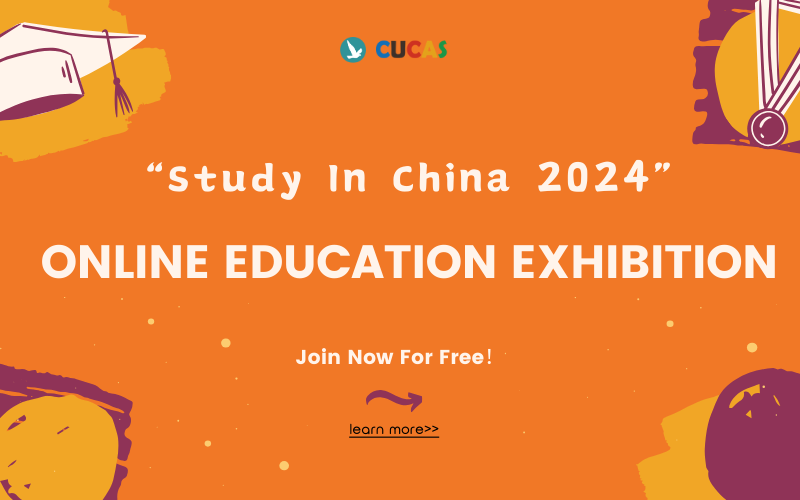
To keep you abreast of the latest proposals and suggestions put forward by ECNU's national political advisers attending the annual session of the Chinese People's Political Consultative Conference (CPPCC), China's top political advisory body, in Beijing, we hereby open up a special column In the Eyes of Media - ECNU's CPPCC Members at the Two Sessions, updating media coverage about their viewpoints.

Dai Liyi, a member of the National Committee of the CPPCC, vice chairman of the Shanghai Committee of China Association for Promoting Democracy, and ECNU vice president
1. Proposal on consolidating the position of ideological and political education for juveniles, and cultivating qualified builders and successors of socialist cause
In the proposal, Dai urged the government to open ideological and political education resources to all teachers, set up ideological and political education resources development centers for juveniles, exploit diversified and vivid resources like texts, videos, venues and communities to cater to the needs of students of different age groups, strengthen practical learning, and resolutely abandon spoon-feeding and cramming education.
He said the government should improve the evaluation criteria for schools and students, firmly guarantee PE class hours at all grades, increase students' on-campus exercise time, and truly implement the comprehensive quality assessment system in the National College Entrance Exam reform by including students' physical and mental health, moral level, sense of social responsibility and political attitude as a key judgment criterion in university enrollment.
He suggested the government devote great attention to the left-behind children's physical and mental health because it is a matter of great importance for maintaining prolonged stability of the country, remove institutional barriers that hinder children of migrant workers from receiving education in cities where their parents work by establishing a trans-regional transfer system of education resources and increasing education resources supply in the cities, allow these children to go to school, enter senior high schools and sit college entrance exams locally, and compensate mothers who choose to stay in their families in rural areas to take care of their children.
He proposed to construct a school-family partnership in youngsters' ideological and political education, set up school-family partnership associations in counties, school-family partnership unions in school districts and school-family cooperation organizations in schools, establish parents committees at the school-, grade- and class-level, tap new school-family cooperation modes by encouraging parents to play a role in campus safety patrols, hygiene supervision and care for left-behind children.
2. Proposal on the use and evaluation of indigenous university talents
In the proposal, Dai suggested the central government to better the use and assessment system of indigenous university talents at the national level.
He said in the recruitment of talents, universities should abolish the overseas-returnees-preferred and overseas-working-experience-preferred policies, ease restrictions on regions and nationalities, enhance the role of peer comments and factors such as academic contributions, creativity, development prospects and academic ambitions of the candidates, and reduce administrative interventions.
He suggested to set up an assessment system that respects the characteristics of growth and academic activities of talents.
He called for universities to bring into full play the role of overseas-educated talents in academic organizations and promote their integration with indigenous talents.
Rather than competing with each other, overseas-educated and indigenous talents should complement each other so as to improve the overall scientific research and teaching level of Chinese universities, he said.
He urged universities to break institutional barriers in cadre management and deepen the reform of the contract employment system for administrative leaders by allowing qualified overseas returnees with strong leadership ability and service awareness to take executive posts. He called on overseas returnees to contribute to improving academic atmosphere and promoting academic exchanges by borrowing advanced scientific research management methods and talent team construction ways from developed countries.
He also advised universities to perfect in-force talent programs of all kinds to propel the growth of both overseas-educated and indigenous talents.
3. Proposal on learning from member countries of the Organization for Economic Co-operation and Development (OECD) to improve China's preschool education policies
4. Proposal on enhancing university labor education
5. Proposal on university student reading ability training
In this proposal, Dai held that reading education is a long-term task that needs the attention of university authorities, who should spare no effort to promote reading awareness among students, include reading courses into the curriculum, and facilitate the reading of students. To cope with the trend of electronic reading in modern society, university libraries should become more digital by introducing e-books and ensure that teachers and students have easy access to the e-books.

Zhang Yihe, a member of the National Committee of the CPPCC, chairman of China Democratic League ECNU Committee, and a professor with the History Department of ECNU
1. Proposal on training of rural grass-roots cadres vital to rural vitalization
In the proposal, Zhang urged governments at all levels to attach great importance to the training of grass-roots cadres in rural areas and roll out practical training programs that help enhance their sense of mission and responsibility, and invite experts to go to the farmland and villages to conduct on-site teaching and discussions with grass-roots cadres to help them solve practical problems. He warned against formalism in the training and advocated the principle of making study serve the practical purpose.
2. Proposal on building the rural Spring Festival Gala into a platform for rural civilization construction
The proposal said Party organizations and governments at all levels should pay high attention to the rise and development of rural Spring Festival Gala, which was spontaneously organized and performed by peasants to celebrate the Chinese New Year, realize that the event is conducive to the inheritance of good customs and promotion of core socialist values as well as the establishment of ideological and ethical standards of Chinese peasants in the new era, render support to the event by providing money, venues and security, and build the event into a key platform for rural cultural vitalization and a new boost for rural tourism.

Ding Jinhong, a member of the National Committee of the CPPCC and Chinese Peasants' and Workers' Democratic Party, and professor and head of




















